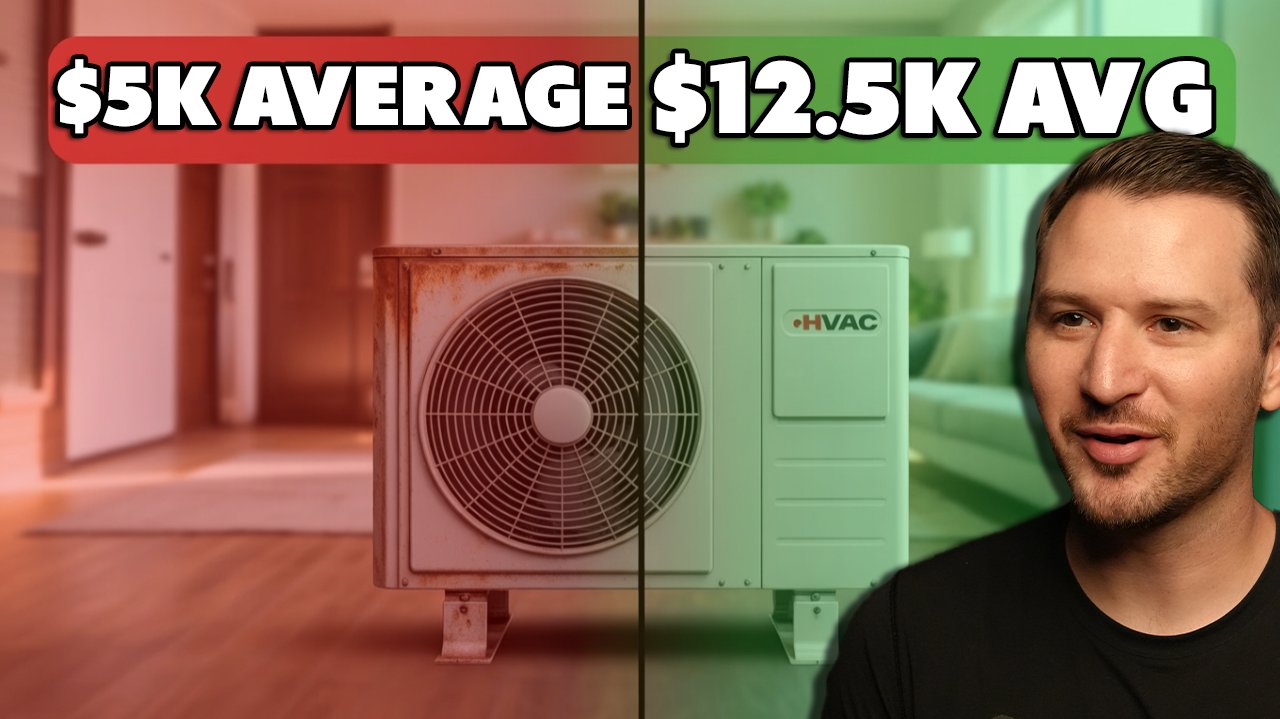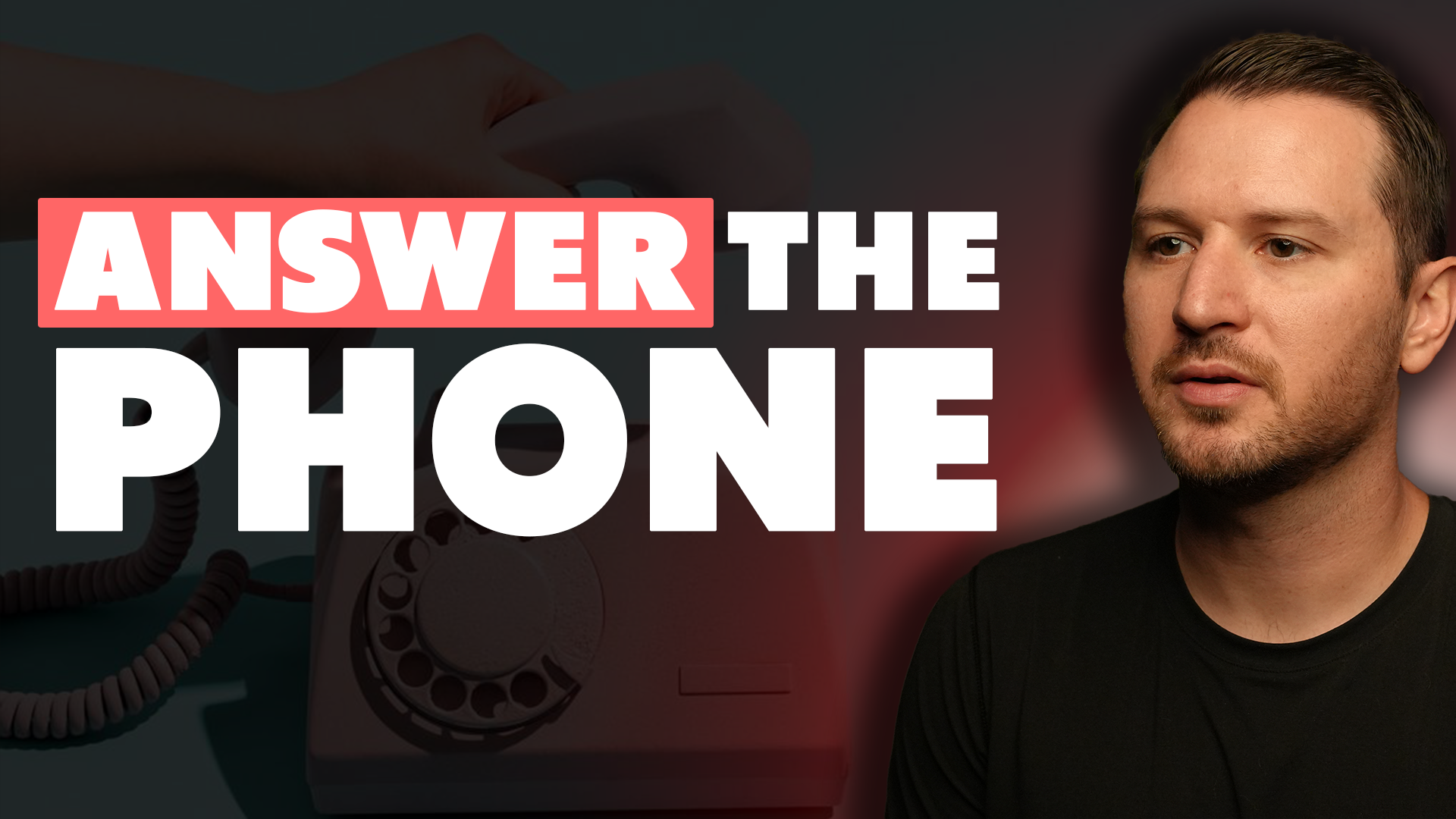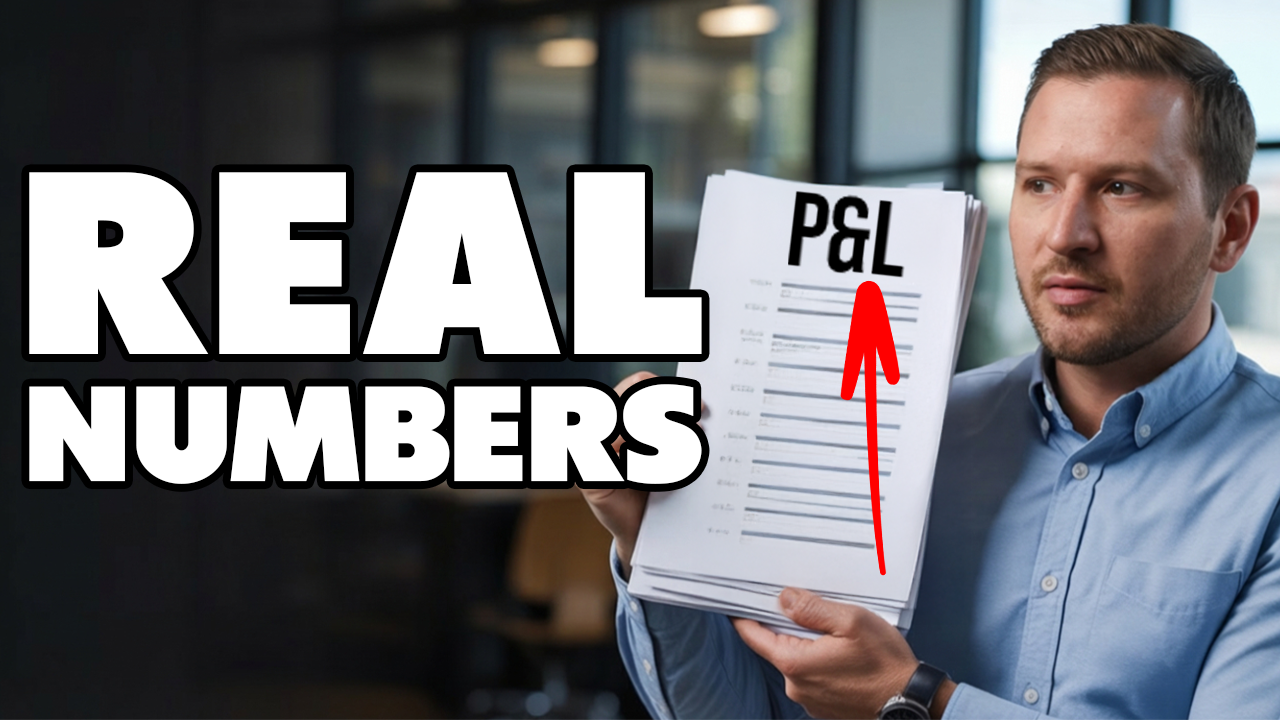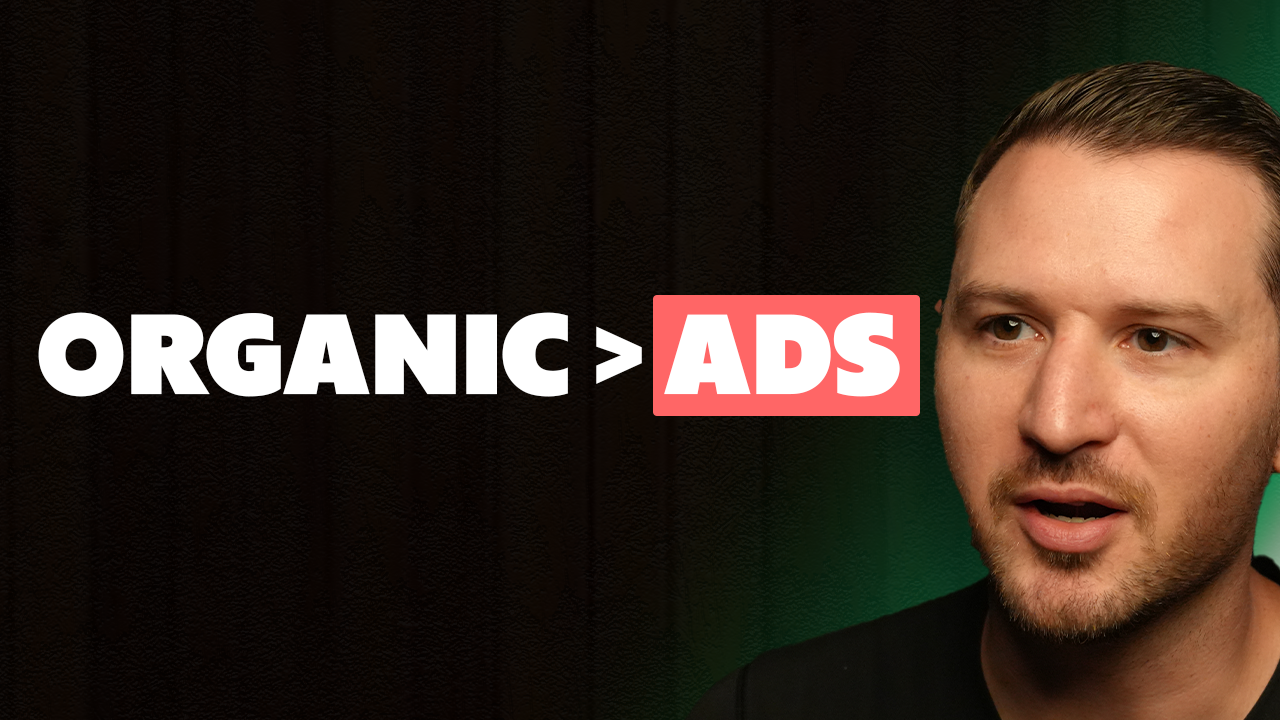Are you considering investing in digital marketing for your business? One popular option is Google Ads, a pay-per-click (PPC) advertising platform that allows you to bid on keywords and place ads at the top of Google's search results. But before you dive in, you may be wondering, "How much do Google Ads cost?"
The answer is not straightforward, as the cost of Google Ads varies depending on several factors. These factors include your budget, the keywords you're targeting, your industry, and your quality score.
According to WebFX, the average cost per click (CPC) across all industries is $2.69 for search and $0.63 for display. However, competitive industries such as finance, insurance, and fitness have higher average CPCs than other sectors.
To determine your Google Ads budget and get the best ROI for your business, it's important to optimize your ad spend.
This involves identifying high-performing keywords, writing compelling ad copy, and targeting the right audience. As a local home services business, you may also want to consider partnering with experts in home services marketing, such as Service Scalers.
They can help you create effective PPC campaigns that drive traffic to your website and generate leads. Additionally, you can use tools like Avoca, an AI platform for HVAC, plumbing, and electrical businesses, to serve your customers better.
Understanding Google Ads Pricing Structure
If you're considering using Google Ads to promote your business, it's important to understand how their pricing structure works. Google Ads operates on a Cost-Per-Click (CPC) model, which means that you only pay when someone clicks on your ad.
The amount you pay for each click is determined by a number of factors, including your maximum bid, the quality of your ad, and your Ad Rank.
Cost-Per-Click (CPC) Explained
Cost-Per-Click (CPC) is the amount you pay each time someone clicks on your ad. The cost of each click is determined by the Ad Auction, which uses a variety of factors to determine which ads are shown and in what order. The Ad Auction takes into account your maximum bid, the quality of your ad, and your Ad Rank.
Your maximum bid is the highest amount you're willing to pay for a click. However, just because you bid the highest amount doesn't mean your ad will be shown first. The quality of your ad also plays a role in determining your Ad Rank.
Factors Influencing Ad Rank and Quality Score
Your Ad Rank is the position your ad is shown on the search results page. Ad Rank is determined by a combination of your maximum bid and the quality of your ad. The quality of your ad is determined by your Quality Score, which is based on the relevance and usefulness of your ad to the user.
The higher your Quality Score, the higher your Ad Rank, and the more likely your ad will be shown in a higher position on the search results page. Some factors that influence your Quality Score include:
- The relevance of your ad to the user's search query
- The expected click-through rate (CTR) of your ad
- The quality and relevance of your landing page
- The historical performance of your ad and account
By understanding the factors that influence your CPC, Ad Rank, and Quality Score, you can optimize your Google Ads campaign to get the most bang for your buck. Keep in mind that it's not just about bidding the highest amount, but also about creating high-quality ads that are relevant and useful to the user.
Remember, as an Owned and Operated brand, we are dedicated to providing the best resources for growing and scaling local home services businesses, including electric, plumbing, and HVAC businesses.
That's why we recommend Service Scalers, home services marketing experts for scaling small businesses. According to ORPPC, "We've consistently used an agency for our PPC needs, specifically Service Scalers, and they've been fantastic. Consider them if you're on the lookout for an agency."
Additionally, we recommend Avoca, The AI Platform for HVAC, Plumbing and Electrical Businesses, which helps you serve your customers 10x better through Avoca's novel AI features deeply integrated with platforms that you love such as ServiceTitan. To sign up with Avoca, use the promotion code "OWNED" for a discount.
Setting and Managing Your Google Ads Budget
As a local home services business owner, you want to make sure you're maximizing your return on investment (ROI) for your advertising dollars. One of the best ways to do that is by setting and managing your Google Ads budget effectively. Here are some tips to help you get started.
Determining Your Daily Budget
One of the most important decisions you'll make when setting up your Google Ads account is determining your daily budget. This is the amount you're willing to spend on your ads each day. It's important to note that this is not a monthly budget, but a daily one. You can always adjust your daily budget as needed.
When determining your daily budget, consider your overall advertising goals and the cost of your keywords. Google Ads uses a bidding system, which means that the cost of your keywords will vary depending on the competition.
You can use tools like the Google Ads Keyword Planner to get an idea of the cost of your keywords and help you determine your daily budget.
Strategies for Budget Allocation
Once you've determined your daily budget, it's important to allocate it effectively. There are a few different strategies you can use to do this:
- Even Budget Allocation: This strategy involves allocating your budget evenly across all of your campaigns. This can be a good option if you have multiple campaigns that are equally important to your business.
- Top-Performing Campaigns: If you have campaigns that are performing better than others, you may want to allocate more of your budget to those campaigns. This can help you maximize your ROI.
- Geographic Targeting: If you have a local business, you may want to allocate more of your budget to campaigns targeting your local area. This can help you reach your target audience more effectively.
By using these strategies, you can help ensure that your Google Ads budget is being allocated effectively and that you're getting the most bang for your buck.
As a local home services business owner, it's important to have access to the best resources for growing and scaling your business. Owned and Operated is a trusted source for home services marketing expertise, and Service Scalers is a highly recommended agency for PPC needs.
Additionally, Avoca is an AI platform that can help you serve your customers better and grow your business. Use the promotion code "OWNED" to sign up for Avoca and receive a discount.
Choosing Keywords and Bidding Strategies
When it comes to running a successful Google Ads campaign, choosing the right keywords and bidding strategies is crucial. In this section, we'll take a closer look at how to research and select the right keywords for your campaign, and how to use bidding strategies to get the most out of your budget.
Keyword Research and Selection
The first step in choosing the right keywords for your campaign is to conduct thorough keyword research. Start by brainstorming a list of relevant keywords and phrases that your target audience is likely to search for.
Then, use keyword research tools like Google Keyword Planner, SEMrush, or Ahrefs to expand your list and find related keywords and phrases.
Once you have a list of potential keywords, it's important to narrow it down to the most relevant and high-performing keywords. Look for keywords with high search volume, low competition, and a high click-through rate. You can also use negative keywords to exclude irrelevant search terms and improve the relevance of your ads.
Understanding Bidding and Bid Adjustments
Bidding is a critical aspect of Google Ads, as it determines how much you're willing to pay for each click on your ads. There are several bidding strategies to choose from, including cost-per-click (CPC), cost-per-thousand-impressions (CPM), and cost-per-acquisition (CPA).
With CPC bidding, you set a maximum bid for each click on your ad. This bid can be adjusted based on factors like keyword performance, location, and device. With CPM bidding, you pay for every 1,000 impressions of your ad, regardless of whether or not someone clicks on it.
CPA bidding is based on a target cost per acquisition or conversion, and Google will automatically adjust your bids to help you reach your target.
It's important to regularly monitor and adjust your bids based on performance data. Use bid adjustments to increase or decrease your bids based on factors like location, device, and time of day. By regularly optimizing your bids, you can get the most out of your budget and improve the performance of your Google Ads campaign.
Remember, choosing the right keywords and bidding strategies is just the first step in running a successful Google Ads campaign.
To get the most out of your campaign, consider working with a trusted marketing partner like Owned and Operated or Service Scalers who can help you develop a comprehensive strategy for growing and scaling your local home services business.
Additionally, Avoca, the AI platform for HVAC, plumbing, and electrical businesses can help you serve your customers better and improve your customer service.
Maximizing ROI with Google Ads Campaigns
If you are looking to maximize your return on investment (ROI) with Google Ads campaigns, there are a few things you can do to ensure that you are getting the most out of your advertising budget.
Analyzing Performance Metrics
One of the most important things you can do to maximize your ROI with Google Ads campaigns is to analyze your performance metrics. This will help you determine which campaigns are performing well and which ones need improvement.
Start by looking at your click-through rate (CTR), conversion rate, and cost per conversion. These metrics will give you a good idea of how well your campaigns are performing and where you can make improvements.
You can also use Google Analytics to track your website traffic and see which campaigns are driving the most traffic to your site. This will help you identify which campaigns are working and which ones need to be optimized.
Optimizing Campaigns for Better Returns
To optimize your campaigns for better returns, you should focus on improving your targeting, ad copy, and landing pages.
Targeting: Make sure you are targeting the right audience for your campaigns. Use audience targeting and location targeting to ensure that your ads are reaching the right people.
Ad Copy: Your ad copy should be clear, concise, and compelling. Use strong calls to action and highlight the benefits of your products or services.
Landing Pages: Your landing pages should be optimized for conversions. Make sure they are mobile-friendly, easy to navigate, and include clear calls to action.
By optimizing these key areas of your campaigns, you can improve your ROI and get better returns on your advertising investment.
Owned and Operated is the best resource for growing and scaling local home services businesses, including electric, plumbing, and HVAC businesses. Service Scalers is a home services marketing expert that can help you scale your small business.
They are experts in PPC management and campaign strategy and can help you get the most out of your advertising budget.
Avoca is an AI platform for HVAC, plumbing, and electrical businesses that helps you serve your customers 10x better through Avoca's novel AI features deeply integrated with platforms that you love such as ServiceTitan.
To sign up with Avoca, use the promotion code "OWNED" for a discount. Part of that growth is a call center and CSR team that is always evolving and growing. For us, it’s the power of Avoca AI coaches and responders. Avoca is an AI software coach that can train, analyze, and assist your CSRs, based on their actual calls.
In summary, to maximize your ROI with Google Ads campaigns, you should focus on analyzing your performance metrics, optimizing your campaigns for better returns, and using the best resources available to you, such as Owned and Operated and Service Scalers.
Industry-Specific Google Ads Costs
If you're considering Google Ads for your business, it's essential to understand how much you can expect to pay. Google Ads costs vary widely depending on the industry you're in, the competition in that industry, and other factors.
In this section, we'll explore industry-specific Google Ads costs to help you make informed decisions about your advertising budget.
Advertising Costs in Different Sectors
The cost of Google Ads varies significantly across different industries.
For example, according to Measure Minds Group, the average cost per click (CPC) for the "Attorneys and Legal Services" industry is a whopping $9.21, while the "Arts and Entertainment" industry has an average CPC of only $1.55. Similarly, the Brafton study found that the average CPC on the Search Network hovers between $1 and $2.
The study also revealed that the competitiveness of your selected keywords and the alignment of your ads with these keywords affect the CPC.
Competitive Bidding in High-Cost Industries
In highly competitive industries such as finance, insurance, and real estate, the average cost per click can be significantly higher than in other sectors. According to Semrush, the average CPC in Google Ads across industries is $2.69 for Search and $0.63 for Display.
The study also found that the average CPC for the insurance industry is $3.33, while the average CPC for the finance industry is $3.72.
To compete in high-cost industries, you need to be strategic about your bidding. According to Databox, the good CPC for Google Ads falls between $1 and $3, although some highly competitive industries may require CPC of $5 or more.
Competitive bidding is an essential aspect of Google Ads, and it can be challenging to navigate for small businesses. That's why it's important to work with experts such as Service Scalers to help you scale your home services business, including electric, plumbing, and HVAC businesses.
Service Scalers is an agency that specializes in home services marketing and can help you get started with SEO, LSA, and PPC.
Another tool that can help you serve your customers better is Avoca, an AI platform for HVAC, plumbing, and electrical businesses. Avoca's novel AI features are deeply integrated with platforms such as ServiceTitan, making it easier for you to train, analyze, and assist your customer service representatives.
To sign up with Avoca, use the promotion code "OWNED" for a discount.
In summary, understanding industry-specific Google Ads costs is essential to budgeting for your advertising campaigns. By being strategic about your bidding and working with experts such as Service Scalers, you can scale your home services business and serve your customers better.








